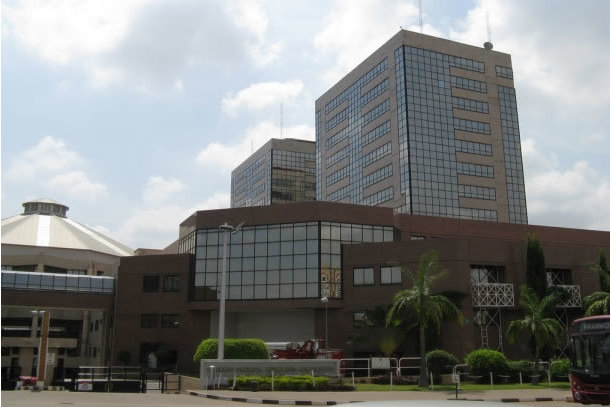Latest News
NNPC increases petrol stockpiles as CBN provides FX to marketers

News Highlight
- The NNPC also said steps have been taken to ensure adequate supply of diesel and aviation fuel.
The Nigerian National Petroleum Corporation announced on Sunday that it has increased stockpiles of petroleum products in order to ensure adequate supply around the country.
The NNPC said it has stocked an inland supply of over 1.2 billion litres of premium motor spirit (petrol), enough for more than 34 days’ forward consumption, according to a statement signed by Ndu Ughamadu, Group General Manager, Group Public Affairs Division, at NNPC.
In addition to petrol, the corporation also said that under its product supply outlook for March to May 2017, steps have been taken to ensure adequate supply of diesel and aviation fuel.
“For Automotive Gas Oil (diesel) and Aviation Turbine Kerosene (aviation fuel), NNPC will continue to import to supplement local refining,” the state-owned oil company said.
According to the NNPC, the Central Bank of Nigeria has released more foreign exchange to marketers to import diesel and aviation fuel to augment supplies from the corporation.
As part of efforts to ensure nationwide distribution of petroleum products, the NNPC said it has re-commissioned its strategic 479.2 kilometres System 2B petroleum products pipeline network, which stretches from the Atlas Cove-Mosimi-Ejigbo-Ibadan, and terminates in Ilorin. This would support the envisaged resumption of loading activities at the Mosimi Ejigbo and Ibadan depots.
“The Calabar and Aba depots have been stocked with AGO while AGO loadout at Kano depot would commence soon,” the NNPC said.
Nigeria’s daily consumption of petroleum products reaches over 40 million litres of petrol, 12 million litres of diesel, and 7 million litres of aviation fuel. Given the poor condition of the nation’s three refineries, the country’s daily demand is currently met by the importation of products by the NNPC and major marketers.
Related News
Latest Blogs
- AML/CFT regulations and data protection require balance in regulating cryptocurrency
- It's time for honest discussions on Nigeria's security architecture
- Driving economic growth through green transition in Nigeria
- CBN is fighting inflation instead of stagflation
- Why electricity privatization failed (2)
Most Popular News
- NDFF 2024 Conference to boost Nigeria’s blue and green economies
- IFC, partners back Indorama in Nigeria with $1.25 billion for fertiliser export
- CBN increases capital requirements of banks, gives 24 months for compliance
- CBN settles backlog of foreign exchange obligations
- Univercells signs MoU with FG on biopharmaceutical development in Nigeria
- Ali Pate to deliver keynote speech at NDFF 2024 Conference






